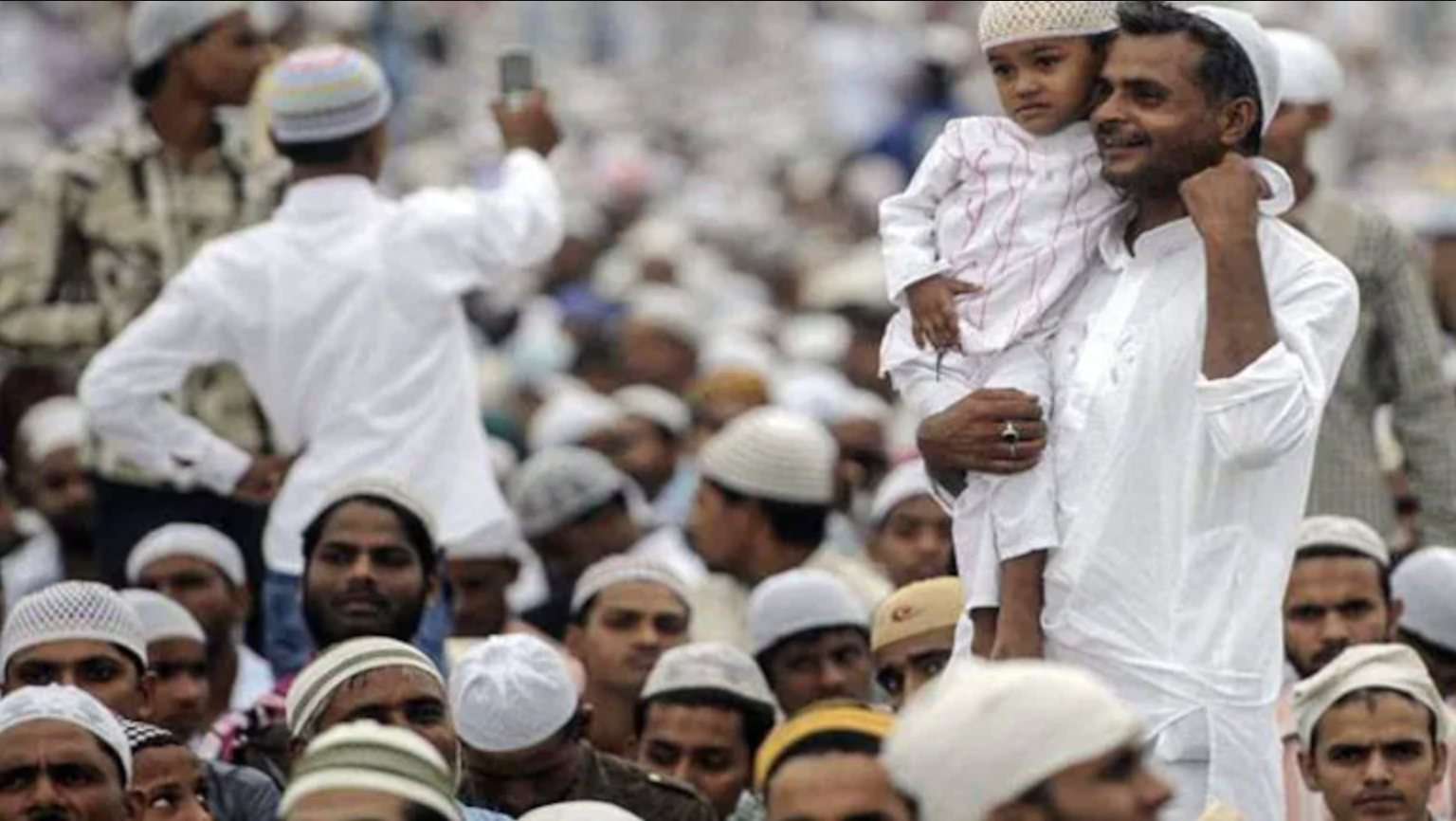What happens when Muslims unite to defeat the BJP?

Reports from the ground indicate that this time a section of Muslims is unperturbed about the saffron party’s win in Uttar Pradesh compared to 2017.
Aas Mohammad Kaif | TwoCircles.net
UTTAR PRADESH — Yogi Adityanath is set to become the chief minister of Uttar Pradesh for the second time. He has routinely expressed his anti-Muslim views through his speeches and the policies of his government. Political experts believe that his anti-Muslim image swung votes in his favour.
Interestingly, Muslims of Uttar Pradesh don’t appear to be too bothered with the outcome of the poll. The kind of fear and apprehensions felt after Yogi Adityanath became the Chief Minister in 2017 is no longer visible in the community.
Alimullah Khan, the author of the book Baizzaat Bari, explained this. “Muslims have realised that they have seen the worst,” he said. “The fear has vanished.”
On the positive side, Khan said, members of the community are now more inclined towards education. “The youth are not seen whiling away their time. The problem is only for those who live near the power centres and public representatives and who roam the corridors of power. The common Muslim has voted and his work is over".
Data indicates that Muslims have voted unilaterally. According to the CSDS survey, 83% of Muslims have voted for the Samajwadi Party compared to 46% in 2017.
Around 3 % of Muslims voted for Congress even as Priyanka Gandhi took up issues of the community. The trend can be gauged from the fact that Maulana Jameel Ahmed Qasmi, who contested on Congress ticket from Meerapur assembly seat of Muzaffarnagar, got only 1253 votes and Luis Khurshid, wife of big Congress leader and star campaigner Salman Khurshid got only 2000 votes from Farrukhabad.
Maulana Musa Qasmi, the spokesperson of Jamiat Ulema-e-Hind (JUH), the biggest organisation of Muslims in Uttar Pradesh, said that there was no confusion among the Muslim voters. “Muslims were successful to a great extent in keeping their vote share of 19 per cent united, but the opposition of the BJP government could not take the calculation of vote share to 42 per cent,” he said. He is relieved that this time 36 Muslim contestants have won compared to 23 in previous elections.
There is also a discussion among Muslims in Uttar Pradesh regarding the number of MLAs. In the 2017 election, 17 MLAs of the Samajwadi Party, 4 of BSP and 2 of Congress won the election. This time 30 of the Samajwadi Party, 2 of RLD and 2 of SP have become Muslim MLAs. Half a dozen candidates including Ahmed Hameed of Baghpat, Yusuf Ansari of Moradabad of SP, Naimal Hasan from Dhampur lost the election by a very close margin. SP alliance had contested 63 Muslim candidates. In three seats, the margin of defeat of the Muslim candidate of the alliance was less than that of the AIMIM candidate. In a dozen seats, the BSP became the reason for the defeat of the SP alliance candidate.
Firoz Aftab, a politician from Saharanpur, agreed that the Muslim vote was not divided and the theory that Muslims were with every party proved wrong. Issues such as the mismanagement of the pandemic, unemployment and inflation are affecting people across strata and are not specific to Muslims. “We don't have to react differently as these factors are already in news,” he said, adding that 32 per cent vote share against the BJP was a big accomplishment.
Advocate Zafar Ahmed of Meerut said that this time Muslims in the state came to terms with the reality that they had a limited say in government formation.
Aas Mohammad Kaif is the editor of TCN Hindi. He tweets at @AasReports
